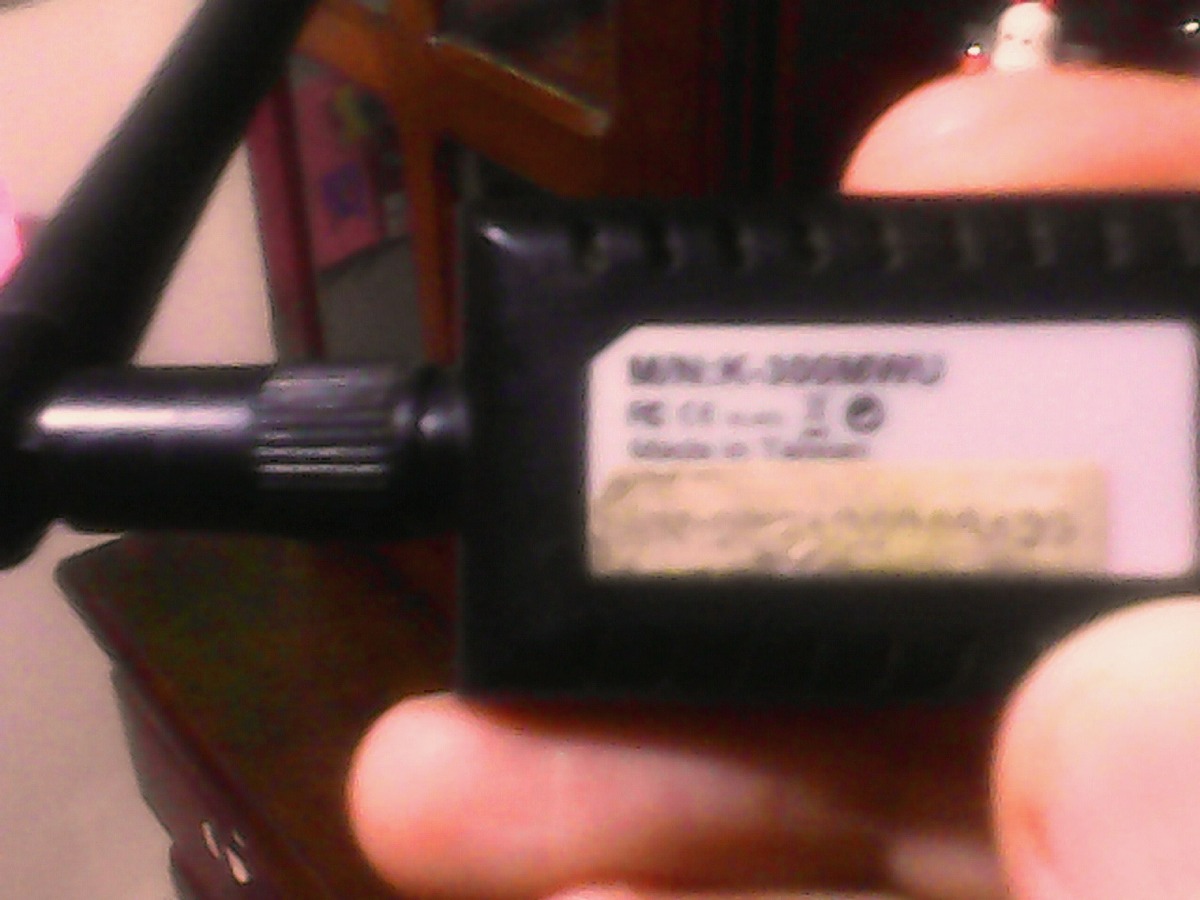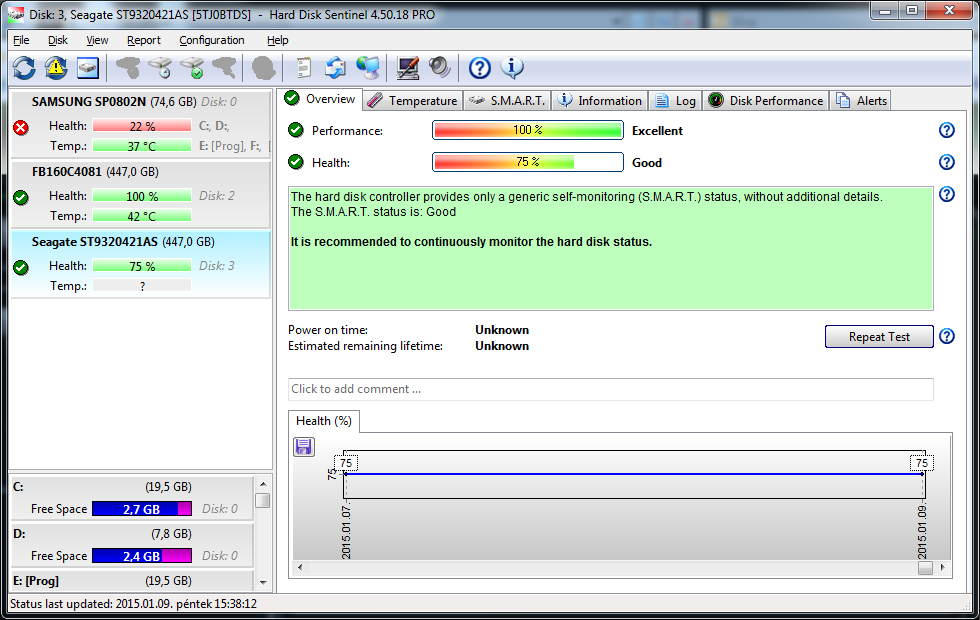- Scanner Scsi & Raid Devices Driver Download For Windows 8.1
- Scanner Scsi & Raid Devices Driver Download For Windows 10
- Scanner Scsi & Raid Devices Driver Download For Windows 7
- Scanner SCSI & RAID Devices Driver Download For Windows
There are four predominant types of scanner interfaces available and discussed in this document: SCSI, USB, parallel port, IEEE 1394. Linux support exists for most scanners as pioneered by the SANE project. This is not the same thing as TWAIN, which you may be familiar with if you have used a scanner device under another operating system such as
NOTE: Before reading any further you should check the SANE homepage at http://www.sane-project.org/sane-mfgs.html to see if your scanner device is supported. Alternatively you can use the sane supported scanners search engine.
Adding a Scanner to a Pre-Installed Dell SCSI Adapter Card. If you have a Dell factory-installed AHA-2940U or AHA-2940UW SCSI controller card with a SCSI CD-ROM drive and SCSI hard drive connected, you will need to change some internal cabling in order to use the external SCSI connector on that card. SCSI-1: The original specification developed in 1986, SCSI-1 is now obsolete.It featured a bus width of 8 bits and clock speed of 5 MHz.; SCSI-2: Adopted in 1994, this specification included the Common Command Set (CCS)- 18 commands considered an absolute necessity for support of any SCSI device. Method-2: How to scan/detect new LUNs and SCSI disks in Linux, using the rescan-scsi-bus.sh script To use the rescan-scsi-bus.sh script, “sg3utils” package has to be installed in the system. If not installed, run the following command to install it.
If you have an integrated device, i.e., one that functions as a scanner, printer and/or fax, you can follow the steps below for the scanner functions using the appropriate interface just like a standard scanner. Those who own an HP officejet should consult the HP Officejet Linux Driver project site, which goes into excellent detail on how to get the various functions of this integrated device to work within Linux.
2.1. SCSI ScannersThese scanners are managed by an SCSI controller. In general, just about any scanner using an SCSI interface should work assuming the SCSI hardware is supported. You should check the SCSI controller list of the Hardware HOWTO if you are unsure if the SCSI controller is supported. If your SCSI controller came bundled with your scanner there is a chance your hardware may not be supported or is only partly supported, as the accompanying SCSI card may not function as a complete SCSI controller.
You should consult
You probably already know what a Universal Serial Bus (USB) connector looks like and where it plugs in.If you have a USB scanner your hardware is likely to be supported in Linux. Information on enabling the USB subsystem and USB scanner support is found in Section 2.5.
2.3. Parallel Port ScannersParallel-port scanners on the whole can be made to work if there is a backend that supports them, however if your device also has a USB port (which the vast majority of new scanners released nowadays do) and a working USB backend you are strongly encouraged to use that instead, as it may be more easily configured.
If your model has only a parallel-port interface and a proprietary or non-standard controller you could be out of luck. If you have found there is a supported backend for the parallel-port interface of your scanner, then you should see Section 2.8.
2.4. IEEE 1394 (Firewire™, i.Link™)Some IEEE 1394 scanners are supported as of the time of this writing, particularly those manufactured by Nikon and Epson. The IEEE 1394 interface has been supported since the 2.4-series Linux kernel. IEEE 1394 scanners require your system be equipped with a IEEE 1394 PCI card or a mainboard IEEE 1394 port, as well as have IEEE 1394 support enabled in your kernel or as a loaded module. You should check the SANE supported devices by manufacturer link in Section 2 and read the manpage next to your hardware (if any) for any issues related to your specific hardware.
2.5. Operating System SupportIf you don't have a USB scanner you should skip to Section 2.7, and if your equipment is of the parallel port variety you should go to Section 2.8.
 2.6. USB Scanners and Libusb
2.6. USB Scanners and LibusbThis section was at one time entitled
If you would prefer the more conventional kernel support for your USB Scanner, go on to Section 2.7.2, but be advised that kernel support for USB scanner devices is dropped in favor of libusb in kernel version 2.6.0 and higher. Most distributions at this point are offering libusb in their stable branches (and some install it by default), so if you don't already have kernel support for USB scanner devices then you may only have to install the libusb package in order to access your device. You must have USB device filesystem support enabled in your kernel, which most distributions do. To find out for sure, issue the following at the command line:
You should see (among others):
You may need to mount usbdevfs to enable it and see the device files, which you can do at the command line with
You can obtain the libusb package in
Kernel support is required for SCSI, USB and parallel-port generic interface support and USB scanner support (if not using libusb). Your stock kernel may already have support for what you need, and the way to tell is to use the
Where 'X.XX' is your kernel version number. The following output is an example of what you would find in a USB scanner-enabled kernel (though all but the relevant lines have been edited for brevity):
(A hint for newbies: if the info in dmesg or the above module list scrolls by too fast, you might try piping the output into 'less' (or 'more' if you don't have less):
The following information is arranged on the basis of scanner interface type. If your kernel doesn't contain the necessary support, you can always recompile your kernel. If you are unfamiliar with the process of compiling your own kernel, I direct you to the Kernel HOWTO for more information.
2.7.1. Kernel SCSI SupportIf you have an SCSI-type interface, when invoking

..as root. Note there have been reports of ide-scsi emulation support (used for ATAPI-eide CDRW support) causing problems for scanner access; if you know your hardware is supported and you can't get things to work try unloading the ide-scsi module:
..though it has been reported to me that this has been fixed as of recent (2.4.20+) kernels.
2.7.2. Kernel USB and USB Scanner SupportFor USB scanner support, you will need USB subsystem support in your kernel, whether usb-ohci, usb-ehci, or whatever protocol of USB driver your system prefers. USB support has been present in the Linux kernel since the late 2.2-series. For a more in-depth discussion of USB support in general, I direct you to the linux-usb project site. If you have a 2.4-series of kernel or earlier and wish to use the kernel USB-scanner support to access your scanner (instead of libusb outlined in Section 2.6) you will need to have 'USB scanner support' enabled, which, if present, is visible within
As shown by the prompt above you will need to have root privileges to do this. You should get output including (but not limited to) the following:


If you don't have
..at which point you should see something like the following:
By placing the entry
By now you've probably figured out that configuration of parallel port scanners may be problematic. Again, if your device has both a parallel port interface and a USB interface you should consider selecting USB to make the setup process easier.
2.8.1. Kernel Parport SupportScanner Scsi & Raid Devices Driver Download For Windows 8.1
For 2.2 and 2.4 kernel systems, parallel-port support must be enabled statically or as a module (stock kernels usually have this enabled by default). You may want to read more generic info about parallel-port device support under the Linux kernel before starting this process. To find out for sure if the module
If you are compiling your own kernel, enable 'Parallel Port support.' You should enable 'IEEE 1284 transfer modes,' and if you have x86 type architecture you should also enable 'PC-style hardware.'
Scanner Scsi & Raid Devices Driver Download For Windows 10
If modprobe returns an error when you attempt to load the module note that you may need to determine and supply the hardware address when invoking
Scanner Scsi & Raid Devices Driver Download For Windows 7
Your parallel port should be set to preferably
Depending on whether your parallel port scanner requires SCSI support, you may need to patch your kernel for parport-SCSI support. You can find that suite of tools at www.torque.net/parport/ppscsi.html. If this is required you will also need to enable the following:
SCSI support
SCSI generic support
Support for the core module of your ppSCSI controller (t348 for the APA-348 and T348, t358 for the APA-358 and T358, epsa2 for the older Shuttle EPSA-2, epst for the Shuttle EPST and APA-1350, onscsi for the OnSpec 90c26, and sparcsi for the SparCSI and ParaSCSI)
Once these are compiled in, it's simply a matter of loading the appropriate modules.
Scanner SCSI & RAID Devices Driver Download For Windows

